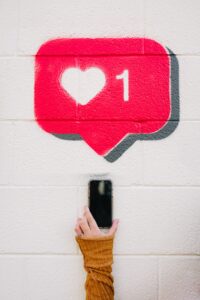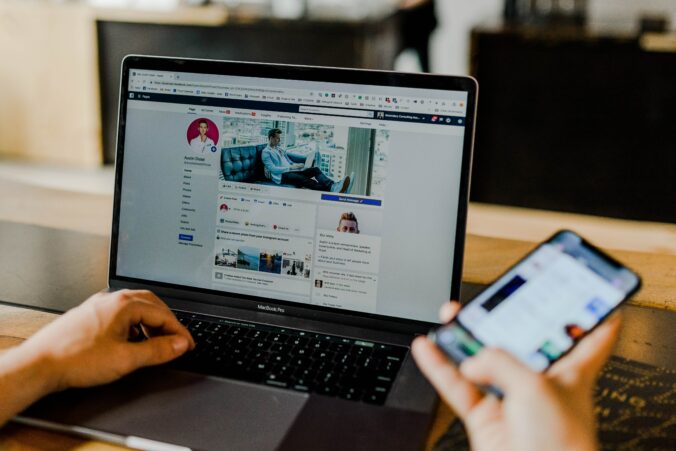Networking is an increasingly important aspect of all professional careers. Online networking supports individual growth, learning, and connection building (Rajagopal, K. et al, 2011). Our readings this week dug into understanding personal communications and learning networks (PLN’s) – what they are, why we use them, and the risks/rewards of putting ourselves out there in public-online spaces.
Networking with social media: what and why?
Networking with social media (Facebook, Twitter, WhatsApp, Instagram, Twitter, etc.) is considered a ‘weak link’ – meaning that it is not physical, primarily social, and predominately about building connections (2011). These links are intentionally built, created, and maintained with the goal of advancing ones own knowledge and professional skills. Social media exposes professionals to outside experts, other professionals, and new concepts and ideas they may have never otherwise been connected with (2011). Networking via social media is also self-regulated learning – empowering users to claim ownership while providing life-long learning opportunities.
What Motivates us?

Photo by Karsten Winegeart on Unsplash
Social media has changed the way we interact with each other online. It motivates us to participate because it provides a low-barrier way to collaborate and converse with colleagues in any field, based on your areas of interest. There are so many personal and professional advantages to reach out to others in social public places. As an educator I could use social media for: professional advice, lesson planning, innovative tech ideas, parent/teacher/student communication, training, discussion, assignments and so much more. Another driving motivator is ease of access. Many of us already have an online presence in our personal lives that can be used as a smooth transition to position ourselves professionally on social media – of course assuming our curated content is appropriate.
Risks & rewards of public communications?
Risks
- Privacy/Data collection-It is no shocker that we are being tracked with every move we make online. This can be particularly problematic in a professional environment if your online presence is inappropriate (as mentioned above). You always want to be mindful of what you are sharing and reading.
- Comparison to others-Due to data collection and algorithms, we sometimes get grouped into categories based on our online presence that categorize us based on ‘others’ with the same habits (Boyd, 2012). I’m sure we have all experienced wacky advertisements popping up online based on our search histories.
- Lack of control-We can never achieve perfect control in online environments even with diligent privacy settings and permissions (2012).
Rewards
- Enhancing communication-Barriers such as geographical location, culture, language, and schedules are removed – effectively increasing communication and collaboration amongst professionals.
- Building/maintaining connections-As you build up your PLN, you can reach out for relevant resources/information when needed as well as engage with professionals who can bring value to your work (2011).
- Appropriate and constant support-Sets us up for life-long learning which is often gained through experience and reflection (2011).
What this means for me?
With this information in mind, I will move forward with my public communications in a more responsible manner. The professional rewards of social media use far exceed the risks and I feel further motivated to move about online spaces to increase my personal learning network.
References:
Boyd, D. (2012). Networked Privacy. Vol. 10 No. 3/4 (2012): Open Issue. https://doi.org/10.24908/ss.v10i3/4.4529
Rajagopal, K., Joosten-ten Brinke, D., Van Bruggen, J., & Sloep, P. B. (2011). Understanding personal learning networks: Their structure, content and the networking skills needed to optimally use them. First Monday, 17(1). https://doi.org/10.5210/fm.v17i1.3559

Leave a Reply